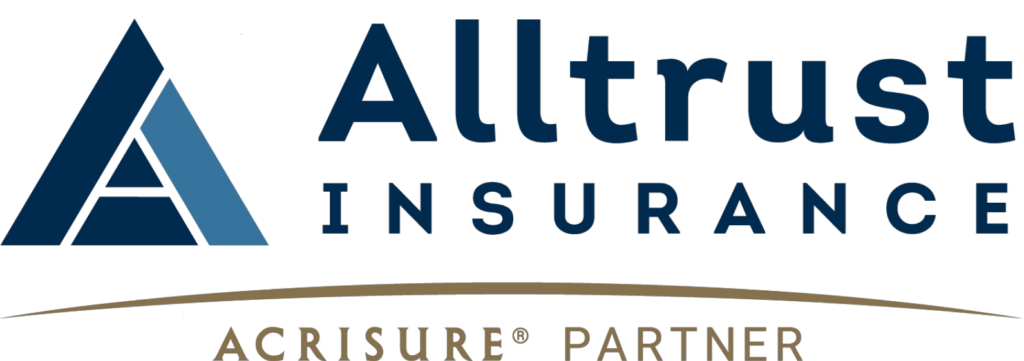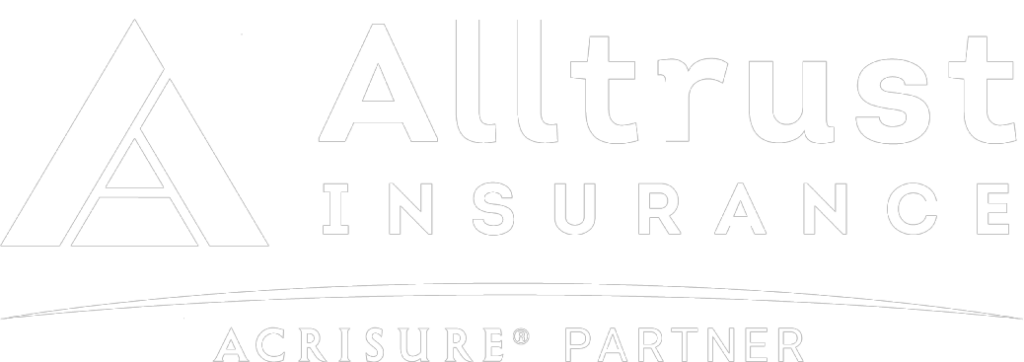Employers with group health plans that provide prescription drug coverage to individuals who are eligible for coverage under Medicare Part D must comply with certain annual disclosure requirements.
Each year, Medicare Part D requires group health plan sponsors to disclose to individuals who are eligible for Medicare Part D and to the Centers for Medicare and Medicaid Services (CMS) whether the prescription drug coverage is creditable.
The creditable coverage disclosure notice alerts individuals as to whether their plan’s prescription drug coverage is at least as good as the Medicare Part D coverage (in other words, whether their prescription drug coverage is “creditable”). Medicare beneficiaries who are not covered by creditable prescription drug coverage and who choose not to enroll in Medicare Part D before the end of their initial enrollment period will likely pay higher premiums if they enroll in Medicare Part D at a later date.
Model Medicare Part D Notices
CMS has provided two model Medicare Part D notices for employers to use:
- A Model Creditable Coverage Disclosure Notice for when the health plan’s prescription drug coverage is creditable; and
- A Model Non-creditable Coverage Disclosure Notice for when the health plan’s prescription drug coverage is not creditable.
These model notices are also available in Spanish on the CMS website.
Employers are not required to use the model Medicare Part D notices from CMS. However, if the model language is not used, a plan sponsor’s notices must include certain information, including a disclosure about whether the plan’s coverage is creditable and explanations of the meaning of creditable coverage and why creditable coverage is important.
Medicare Part D Notice Recipients
The creditable coverage disclosure notice must be provided to Medicare Part D eligible individuals who are covered by, or who apply for, the health plan’s prescription drug coverage. An individual is eligible for Medicare Part D if he or she:
- Is entitled to Medicare Part A or is enrolled in Medicare Part B; and
- Lives in the service area of a Medicare Part D plan.
In general, an individual becomes entitled to Medicare Part A when he or she actually has Part A coverage, and not simply when he or she is first eligible.
Medicare Part D eligible individuals may include active employees, disabled employees, COBRA participants and retirees, as well as their covered spouses and dependents.
As a practical matter, group health plan sponsors often provide the creditable coverage disclosure notices to all plan participants.
To read more about the Medicare Part D Notice click here.
To speak with an Alltrust Specialist regarding this notice or other employee benefits questions, click here.




